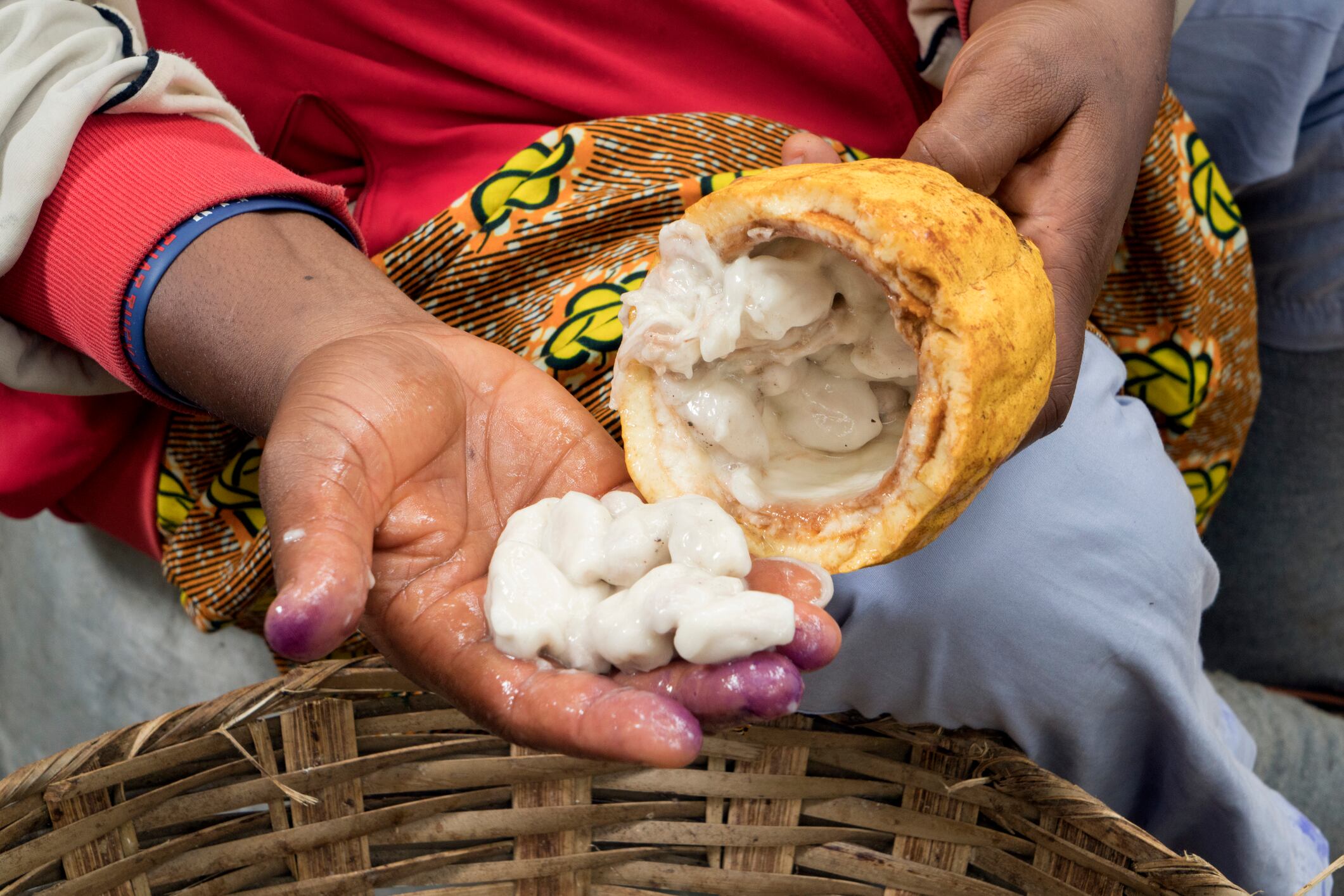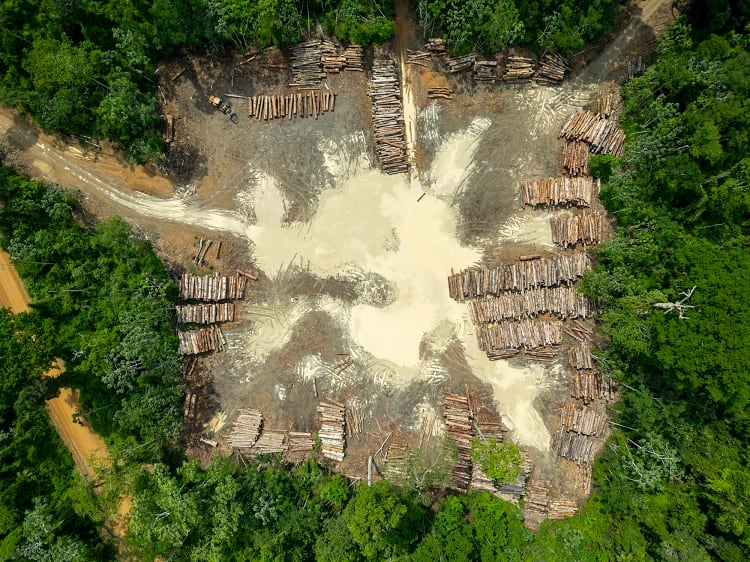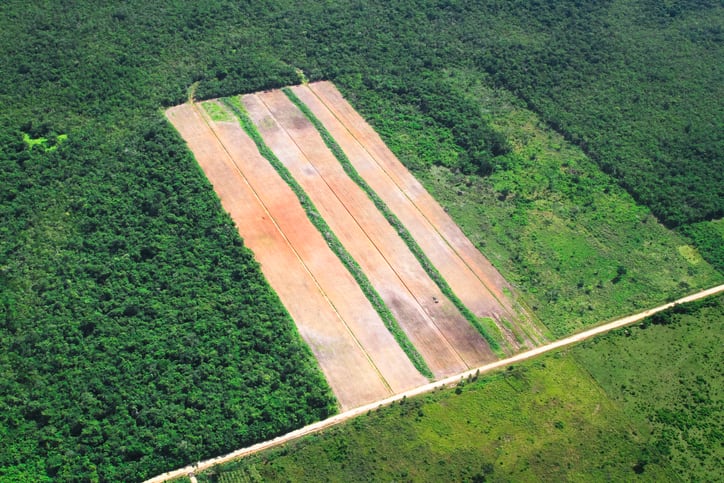What’s new in EUDR?
- EU Parliament votes to amend EUDR
- Two-thirds of EU agriculture ministers push for ‘no risk’ category
- Campaigners warn changes could weaken sanctions
- Mondelēz and Lavazza want delays, Nestlé and Ferrero don’t
Almost every day, a new development impacting the European Union Deforestation Regulation (EUDR) comes to light. In the last month alone, the EU has been urged to change its benchmarking system and delay enforcement another 12 months.
Some agree, others don’t. As the debate heats up, who is taking which side, and why?
European Parliament votes to amend EUDR law
The EUDR, in its current form, is now officially under threat.
Last Wednesday, the European Parliament rejected the Commission’s benchmarking system, which splits countries into three risk profiles: high risk, standard risk, and low risk.
Although non-binding, the vote signals growing pressure on the Commission to revise the legislation and add a ‘no risk’ (or ‘negligible risk’) category.
Agriculture ministers from two-thirds of EU countries want to change the law. They say the new regulation doesn’t acknowledge that many member states (currently classed as ‘low risk’) have their own forest protection laws and “negligible risk of deforestation”. They want their risk category to reflect that.
In a joint letter, they argued: “Instead of targeting deforestation where the risk is highest, the regulation imposes disproportionate bureaucratic obligations on countries, where deforestation is demonstrably insignificant.”
EUDR refresher
- The EUDR is designed to wipe out deforestation from EU supply chains for at-risk commodities.
- Impacted commodities include cocoa, soy, palm oil, coffee, beef, rubber and wood.
- As it stands, medium and large operators and traders must comply by 30 December 2025.
- Micro and smaller enterprises have a six month leeway; they'll need to comply by 30 June 2026.
Alarm raised over potential simplification of EUDR
There are at least two major concerns surrounding this motion.
The first is that in theory, an ingredient or product associated with illegal deforestation could more easily enter the EU via a ‘no risk’ country.

The second concern is that a ‘negligible risk’ category could create a loophole for the smuggling of illegal Russian and Belarusian wood into the EU. Currently, EU sanctions are designed to block its entry, but environmental campaigners are worried a simplified version of the EUDR would weaken these measures.
China is currently classified a ‘low risk’ country. But under the proposed criteria, it would likely become ‘no risk’, believes NGO Fern. That would be a “disaster” for European timber manufacturers, because they’d continue to compete with Russian products routed through China.
Which countries want to simplify EUDR?
Agriculture ministers from 18 EU member states want a simplified EUDR, whereby countries with forest protection laws mitigate deforestation risk, are awarded a new risk category: ‘no risk’, or ‘negligible risk’.
These countries include: Austria, Bulgaria, Croatia, Czech Republic, Estonia, Finland, Hungary, Ireland, Italy, Latvia, Lithuania, Luxembourg, Poland, Portugal, Romania, Slovakia, Slovenia and Sweden.
“Last week, MEPs voted to blow a hole in European sanctions against Russia,” says Fern campaigns coordinator Hannah Mowat. “A ‘no risk’ category is ironically the riskiest thing the EU could have done to its sanctions.”
EUDR was delayed 12 months, but big-name brands want more time
The debate over EUDR risk categories is far from the only point of contention. A growing number of big-name food and drink companies now want enforcement of the deforestation law delayed, again.
The EUDR was first meant to be enforced in December 2024. It was postponed, with enforcement now expected in December of this year.
Confectionery major Mondelēz International recently caused waves when it called for another 12-month delay. With cocoa smallholders continuing to struggle after a series of failed harvests, the Cadbury and Oreo maker questions whether the sector is ready.

Others have joined in. Coffee maker Lavazza is seeking a one-year extension in enforcement of the EUDR. The Italian coffee giant believes implementation would hurt producers in Africa and Central America and drive up prices, according to Reuters.
But not all coffee and confectionery companies agree the deadline should be extended. In fact, Nestlé, Ferrero, Tony’s Chocolonely and Barry Callebaut are all pushing for the EUDR to stay exactly how it is. They don’t want delays, revisions, or appeals, and in the meantime are “preparing responsibly and in good faith” for its enforcement later this year.
Whether to delay or proceed, the decision will help shape how Europe tackles global deforestation.



